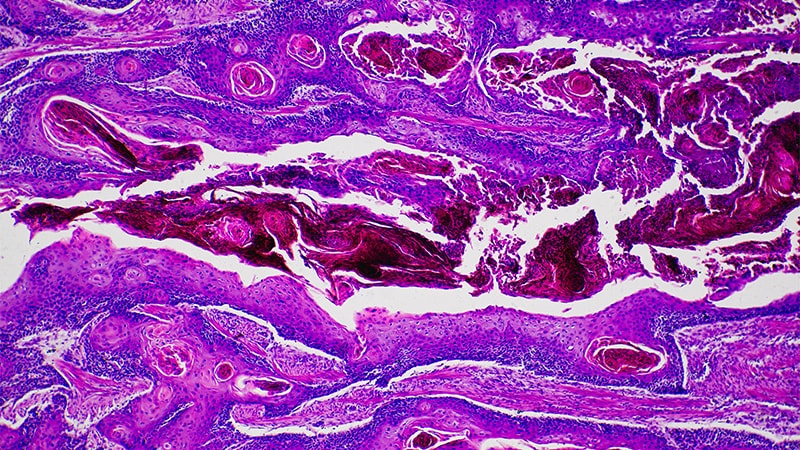A study published in the Annals of the Rheumatic Diseases provides first-time evidence of the presence of specific cellular/molecular synovial signatures that delineate disease severity/progression in rheumatoid arthritis (RA) and therapeutic response, and may pave the way to a more precise definition of RA taxonomy, therapeutic targeting and improved outcomes.
The study recruited 144 treatment-naïve early patients with RA (<12 months symptoms duration) attending three UK centres: Queen Mary University of London/Barts Health NHS trust, the University of Glasgow and the University of Birmingham. Participants underwent ultrasound-guided synovial biopsy before and six months after disease-modifying antirheumatic drug (DMARD) initiation.
Cellular and molecular analyses of synovial tissue demonstrated for the first time in early RA, the presence of three pathology groups:
- Lympho-myeloid - dominated by the presence of B cells in addition to myeloid cells
- Diffuse-myeloid - with myeloid lineage predominance but poor in B cells
- Pauci-immune fibroid - characterised by scanty immune cells and prevalent stromal cells.
Longitudinal correlation of molecular signatures demonstrated that elevation of myeloid- and lymphoid-associated gene expression strongly correlated with disease activity, acute phase reactants and DMARD response at six months.
Elevation of synovial lymphoid-associated genes correlated with autoantibody positivity and the elevation of osteoclast-targeting genes predicted radiographic joint damage progression at 12 months.
Patients with predominant pauci-immune pathology showed less severe disease activity and radiographic progression.
The authors say the findings offer the potential for more accurate patient stratification.



